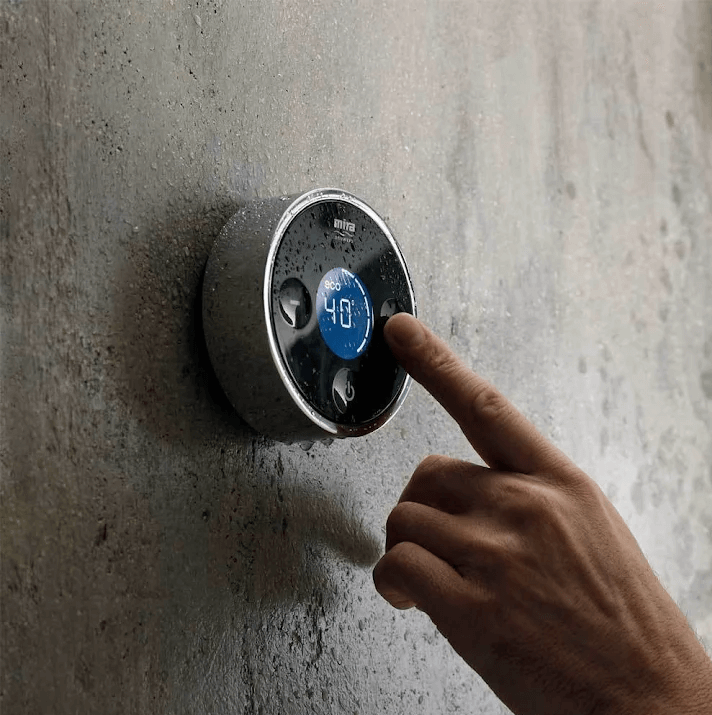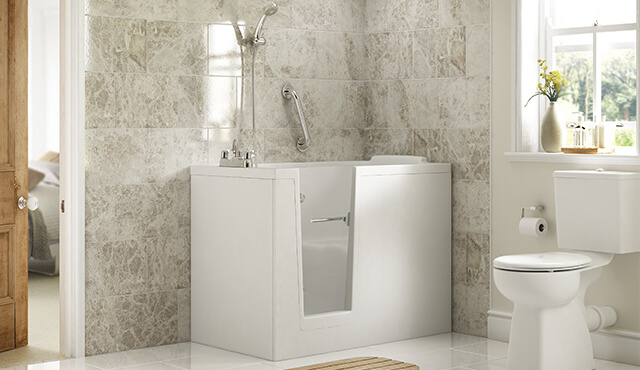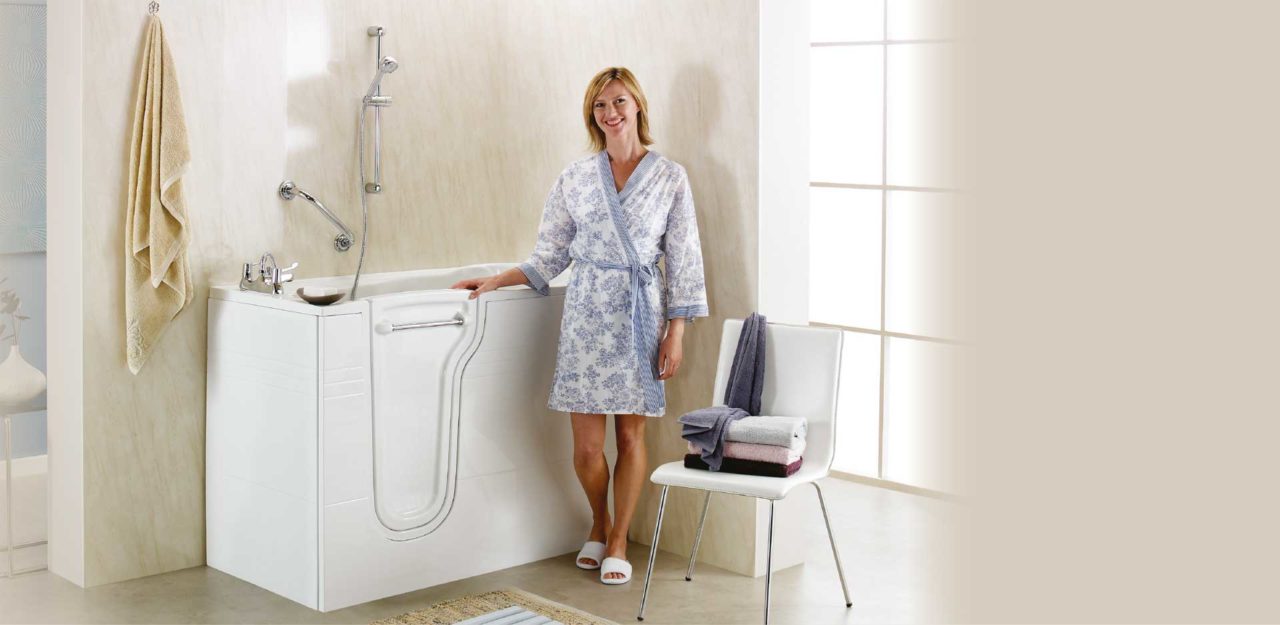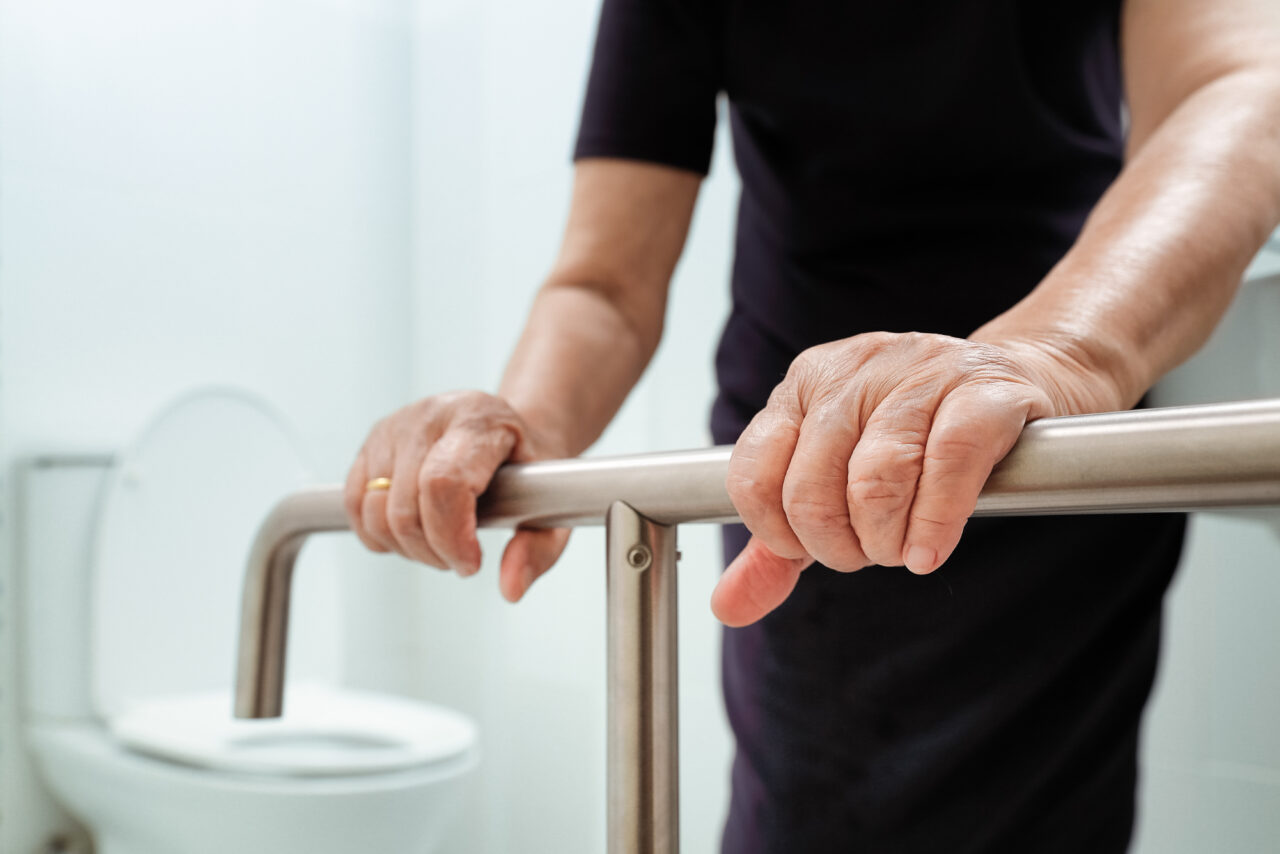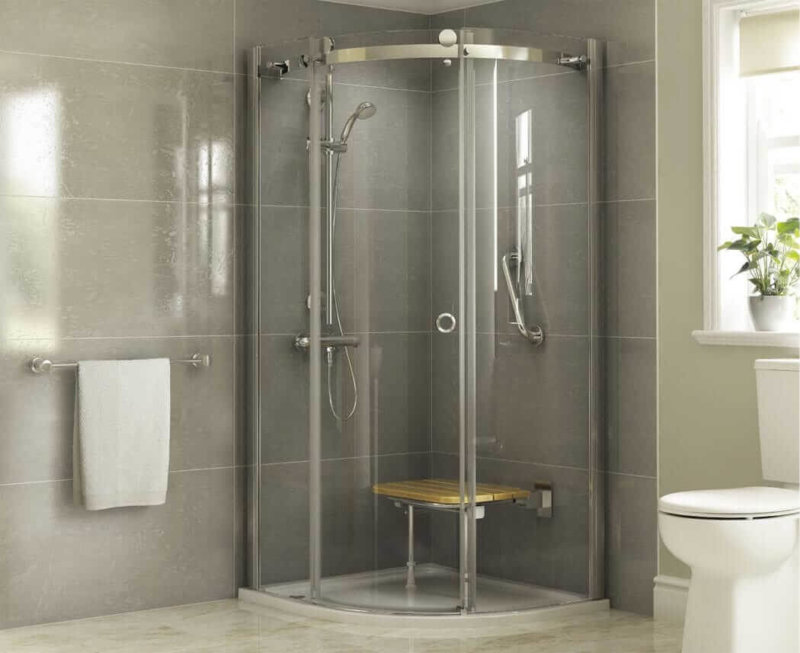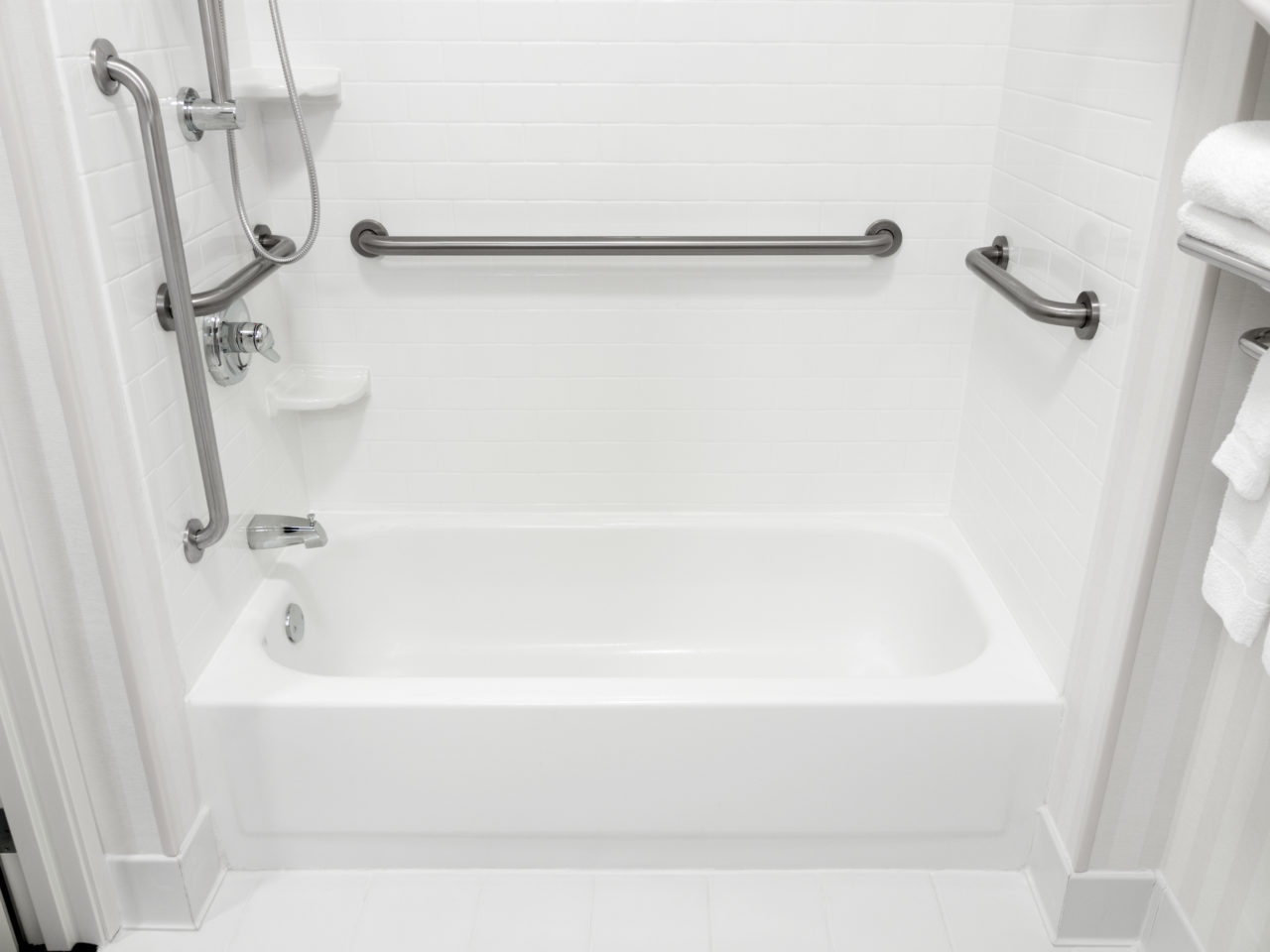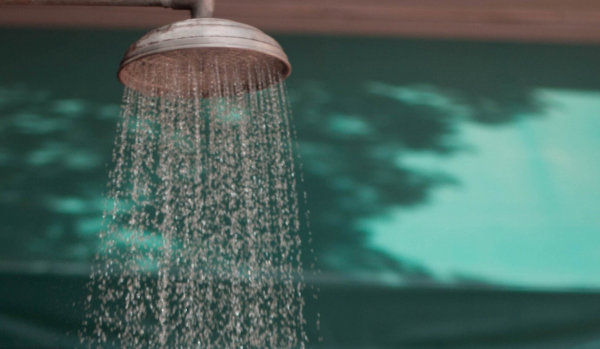

Helpful guides and everyday tips
Explore practical advice, expert tips and simple ideas to help make life at home easier, safer and more comfortable. From adapting your bathroom to managing mobility with confidence, our guides are designed to support your independence, one small step at a time.

